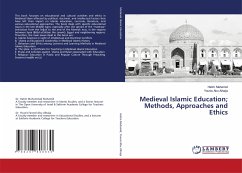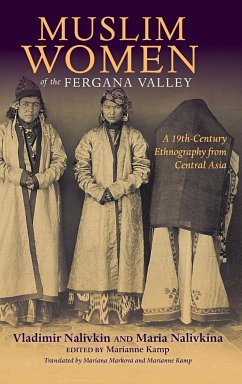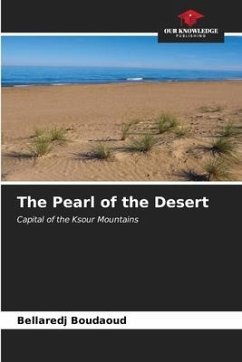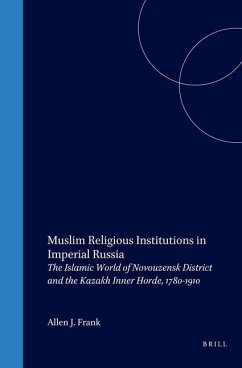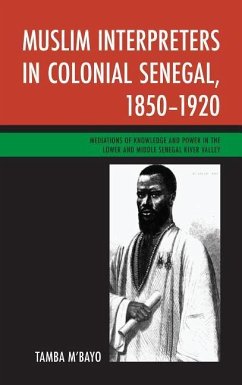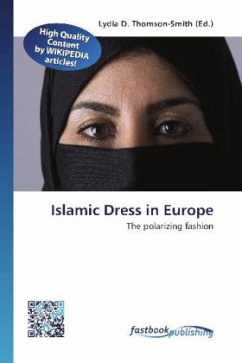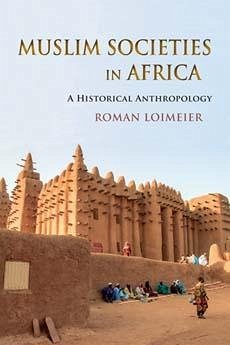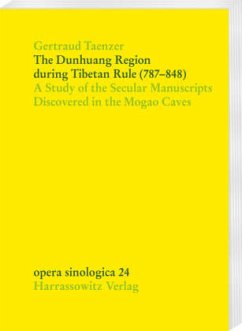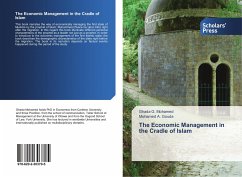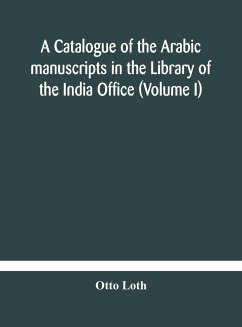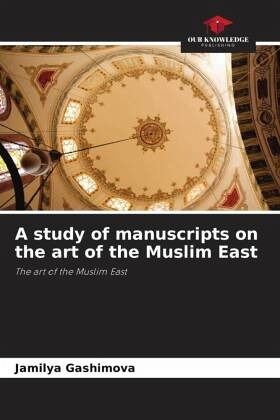
A study of manuscripts on the art of the Muslim East
The art of the Muslim East
Versandkostenfrei!
Versandfertig in 6-10 Tagen
43,99 €
inkl. MwSt.

PAYBACK Punkte
22 °P sammeln!
The indispensable role of the visual arts in the Muslim East was essentially the self-identification of the people. Through the power and language of art, millions of Muslims and non-Muslims have been able to see and recognize themselves. They felt the traditional values that were their spiritual heritage. In the nineteenth century, millions of Muslim peasants, workers and townspeople were able to see for the first time the image of the ruler, power and significance of the state in which they lived in newspapers, books, posters and street signs. The image of the ruler, prince, khan and sultan,...
The indispensable role of the visual arts in the Muslim East was essentially the self-identification of the people. Through the power and language of art, millions of Muslims and non-Muslims have been able to see and recognize themselves. They felt the traditional values that were their spiritual heritage. In the nineteenth century, millions of Muslim peasants, workers and townspeople were able to see for the first time the image of the ruler, power and significance of the state in which they lived in newspapers, books, posters and street signs. The image of the ruler, prince, khan and sultan, which was imagined as "divine" for thousands of people, was "humanized" through mass media. The power of arts and crafts can change mindsets and bring about a revolutionary change in the way people think and look at the world. Another important factor that attracts attention is the desire of Muslims to express themselves through art and to be part of world civilization. This is reflected inthe works of contemporary artists of the East.



